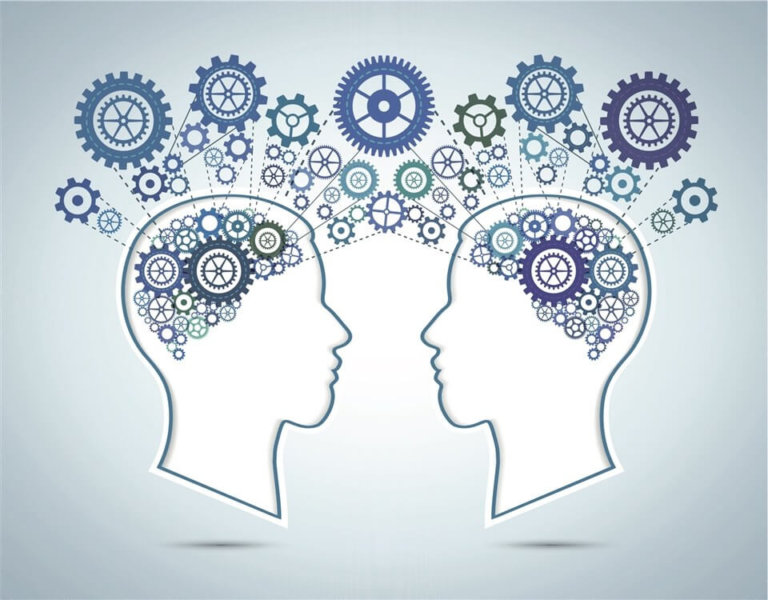As any reader of this blog knows, I firmly believe that the social and emotional learning that takes place in schools is critical to a student’s long-term success. Through a challenging and supportive curriculum, schools like Colorado Academy can produce well-educated, worldly young adults. But, I want to make sure we are doing all that we can to produce smart, motivated individuals who are also going to be healthy adults.
By extension, one might say that schools also must train young people who will be ready to help others become the same. In the growing polarization in America, how do we come together as a nation to make sure everyone has that opportunity?
I view our job as educators to challenge students to emerge with their own understanding of the “truth” through exposure to diverse sources and to Socratic dialogue that forces students to think their assumptions and biases. We want to reward diverse thinking, but also thinking that is steeped in logic and rationality. At the same time, we need to impress upon our students a need to be humble about their understanding of the world and to be open to new ideas and influences. I am struck how ideas shift over time. Perhaps there are some constants, but true intellectuals, in the back-and-forth of exchanging ideas and experimentation, can be open to challenging commonly held assumptions and lead to new ways of thinking.
In a Pre-K-12 environment, we want to support students, and we want to support them taking intellectual risks. So, our response to a radical or unproven or even wrong-headed idea must be carefully managed. We are preparing students for the “academy,” the collective learning of intellectuals and researchers as they go onto college. But, we are also preparing students for the “real world” in which they must work and collaborate with an increasingly diverse society. The division in this society makes even small talk difficult as Americans have become more divided on a host of issues. We must teach them not only to think, but how to respectfully disagree in the presence of their adversaries. In other words, we can’t let them leave a school like CA and act like arguing professors in our interactions with fellow human beings.
Here is what I mean: when I have presented academic papers at the American Historical Association or at the Society for Historians of American Foreign Relations, the Q&A sessions that follow a presentation are particularly intense. Fellow scholars are chomping at the bit to take on one another in almost confrontational ways. It took becoming an experienced graduate student to figure out that was the norm and not the exception. In many ways, it is like sport to them. In fact, it was fun to watch two brilliant academics go after one another.
We could write this off as Henry Kissinger once did when he said, “academic politics are so vicious precisely because the stakes are so small.” This same idea has been attributed to a variety of thinkers going back to Samuel Johnson. I sometimes call it going into “intellectual four wheel-drive low.”
But in the broader world, we must come to understand that listening and civil conversation are so important. I came across a great article that reminds us why actually talking to each other is so important. The article summarizes the research of Julianna Schroeder, assistant professor of management of organizations at the Haas School of Business at the University of California, at Berkley about the role of the human voice in helping humans better understand and appreciate diverse perspectives.
This research confirms conventional wisdom and my own practical experience in working in schools for the past 20 years: conflicts are always best resolved face- to-face. When people put arguments into an email, it is easy for the reader to “dehumanize” the author and block out the argument. This research found that when people engaged in personal, direct conversation, the listener was able to better appreciate the other’s point of view.
If we are to parent and teach children, then it requires our singular focus and presence to be able to engage on issues large and small, with civility, respect, and an acknowledgement of the other, and maybe, just maybe, come to agreements that moves the world forward.
